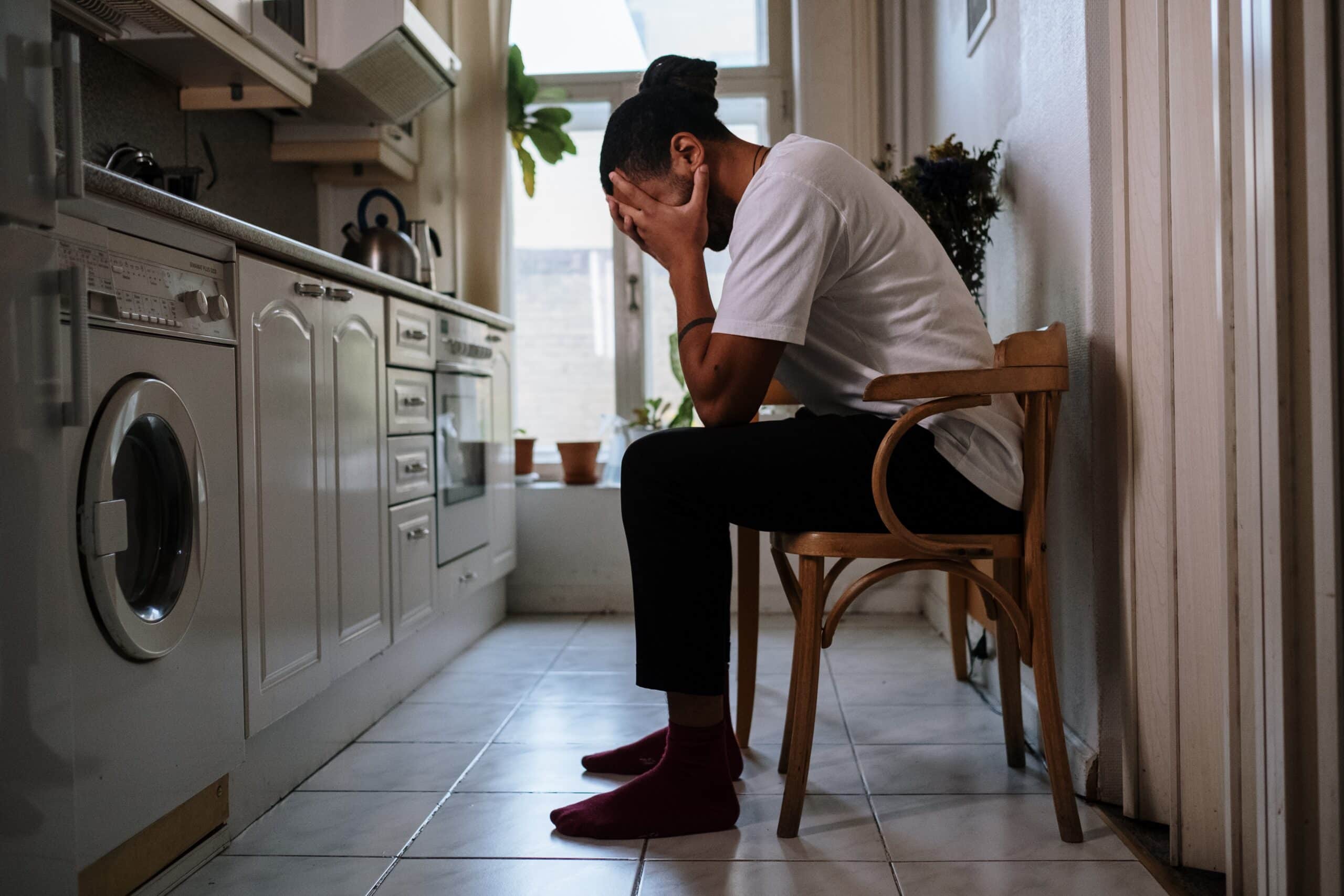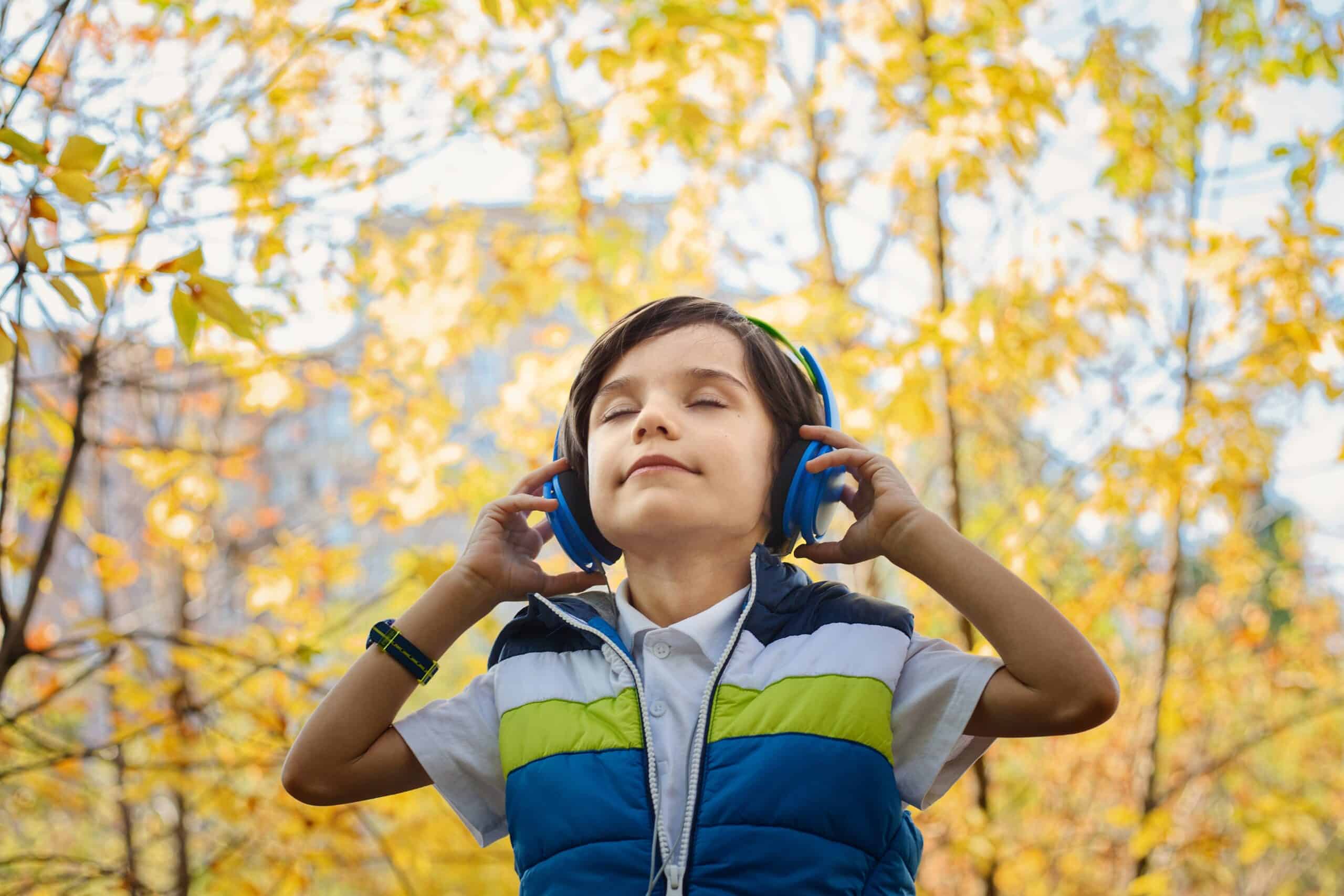
Depression
Depression is a common mental health condition that causes a persistent feeling of sadness and changes in how you think, sleep, eat, and act. There are several different types. Depression is treatable—usually with talk therapy, medication, or both. Seeking medical help as soon as you have symptoms is essential.
What is Depression?
Depression is a mood disorder that causes a persistent feeling of sadness and loss of interest in things and activities you once enjoyed. It can also cause difficulty with thinking, memory, eating, and sleeping.
It’s normal to feel sad about or grieve over difficult life situations, such as losing your job or a divorce. But depression is different in that it persists practically every day for at least two weeks and involves other symptoms than sadness alone.
Without treatment, depression can get worse and last longer. In severe cases, it can lead to self-harm or death by suicide. The good news is that treatments can be very effective in improving symptoms.
What are the types of Depression?
Clinical depression (major depressive disorder): A diagnosis of major depressive disorder means you’ve felt sad, low or worthless most days for at least two weeks while also having other symptoms such as sleep problems, loss of interest in activities, or a change in appetite. This is the most severe form of depression and one of the most common.
Persistent depressive disorder (PPD): Persistent depressive disorder is mild or moderate depression that lasts for at least two years. The symptoms are less severe than major depressive disorder. Healthcare providers used to call PDD dysthymia.
Disruptivemood mood dysregulation disorder (DMDD): DMDD causes chronic, intense irritability and frequent anger outbursts in children. Symptoms usually begin by the age of 10.
Premenstrual dysphoric disorder (PMDD): With PMDD, you have premenstrual syndrome (PMS) symptoms along with mood symptoms such as extreme irritability, anxiety, or depression. These symptoms improve within a few days after your period starts, but they can be severe enough to interfere with your life.
Depressive disorder due to another medical condition: Many medical conditions can create changes in your body that cause depression. Examples include hypothyroidism, heart disease, Parkinson’s disease, and cancer. If you’re able to treat the underlying condition, the depression usually improves as well.
Who does Depression affect?
Depression can affect anyone — including children and adults. Women and people assigned female at birth are more likely to have depression than men and people assigned male at birth.
Having certain risk factors makes it more likely that you may develop depression. For example, the following conditions are associated with higher rates of depression:
- Neurodegenerative diseases like Alzheimer’s disease and Parkinson’s disease
- Stoke.
- Multiple sclerosis.
- Seizure disorders.
- Cancer.
- Macular degeneration.
-
Chronic pain.
How common is Depression?
Depression is a widespread mental health condition that affects millions of people worldwide. According to the World Health Organization (WHO), more than 264 million individuals of all ages suffer from depression globally. It’s a leading cause of disability and can significantly impact a person’s quality of life.
Symptoms and Causes
What are the symptoms of depression?
The symptoms of depression can vary slightly depending on the type and range from mild to severe. In general, symptoms include:
- Feeling very sad, hopeless, or worried. Children and adolescents with depression may be irritable rather than sad.
- Not enjoying things that used to bring joy.
- Being easily irritated or frustrated.
- Eating too much or too little may result in weight gain or weight loss.
- Trouble sleeping (insomnia) or sleeping too much (hypersomnia)
- Having low energy or fatigue.
- Having a difficult time concentrating, making decisions, or remembering things.
- Experiencing physical issues like headaches, stomachaches, or sexual dysfunction.
- Having thoughts of self-harm or suicide.
What causes Depression?
Researchers don’t know the exact cause of depression. They think that several factors contribute to its development, including:
- Brain chemistry: An imbalance of neurotransmitters, including serotonin and dopamine, contributes to the development of depression.
- Genetics: If you have a first-degree relative (biological parent or sibling) with depression, you’re about three times as likely to develop the condition as the general population. However, you can have depression without a family history of it.
- Stressful life events: Difficult experiences, such as the death of a loved one, trauma, divorce, isolation, and lack of support, can trigger depression.
- Medical conditions: Chronic pain and chronic conditions like diabetes can lead to depression.
- Medication: Some medications can cause depression as a side effect. Substance use, including alcohol, can also cause depression or make it worse.
How is Depression treated?
Depression can be treated using various approaches, often tailored to an individual’s specific needs and the severity of their condition. Palm Beach Counseling and Behavioral Health (PBCB) aims to use evidence-based treatments to treat forms of depression. Every patient is provided nothing short of excellent treatment options that cater to any and all needs.















